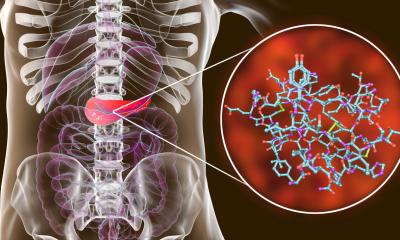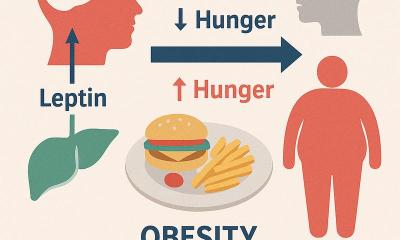Artificial pancreas
Two small randomised trials published on bmj.com suggest that closed loop insulin delivery (also referred to as an artificial pancreas) may improve overnight blood glucose control and reduce the risk of nocturnal hypoglycaemia in adults with type 1 diabetes.
The closed loop insulin delivery system automatically computes insulin dose according to glucose levels detected by a sensor. Previous studies have shown that this system is effective in children and adolescents, but its effectiveness in adults is unknown.
A research team led by Roman Hovorka, Principal Research Associate at the Institute of Metabolic Science, University of Cambridge, Addenbrooke’s Hospital, has carried out two studies to compare the safety and efficacy of overnight closed loop insulin delivery with conventional insulin pump therapy in 24 type 1 adult diabetics, aged 18-65, who had used insulin pump therapy for at least three months.
In the first study, 12 participants were twice monitored overnight after consuming a medium-size meal (60 g carbohydrate) at 7pm: they were randomly assigned to use either closed loop delivery of insulin or conventional insulin pump therapy and then, on a night one to three weeks later, they used the other delivery method. In the second study, the other 12 participants were twice monitored overnight (using one or other of the two insulin delivery methods) after consuming a larger meal (100 g carbohydrate) at 8.30pm, accompanied by alcohol.
The time spent with blood glucose levels in the target range increased by up to 28% during overnight closed loop insulin delivery. Closed loop delivery also lowered glucose variability overnight and significantly reduced the hyperglycaemic period. The authors conclude that their findings provide further evidence that overnight closed loop delivery can operate safely, effectively, and consistently across different age groups, insulin sensitivities and lifestyle conditions. They add that the closed loop system ‘… may in future allow more flexible lifestyles in conjunction with improved glycaemic control for people with type 1 diabetes’.
26.04.2011











